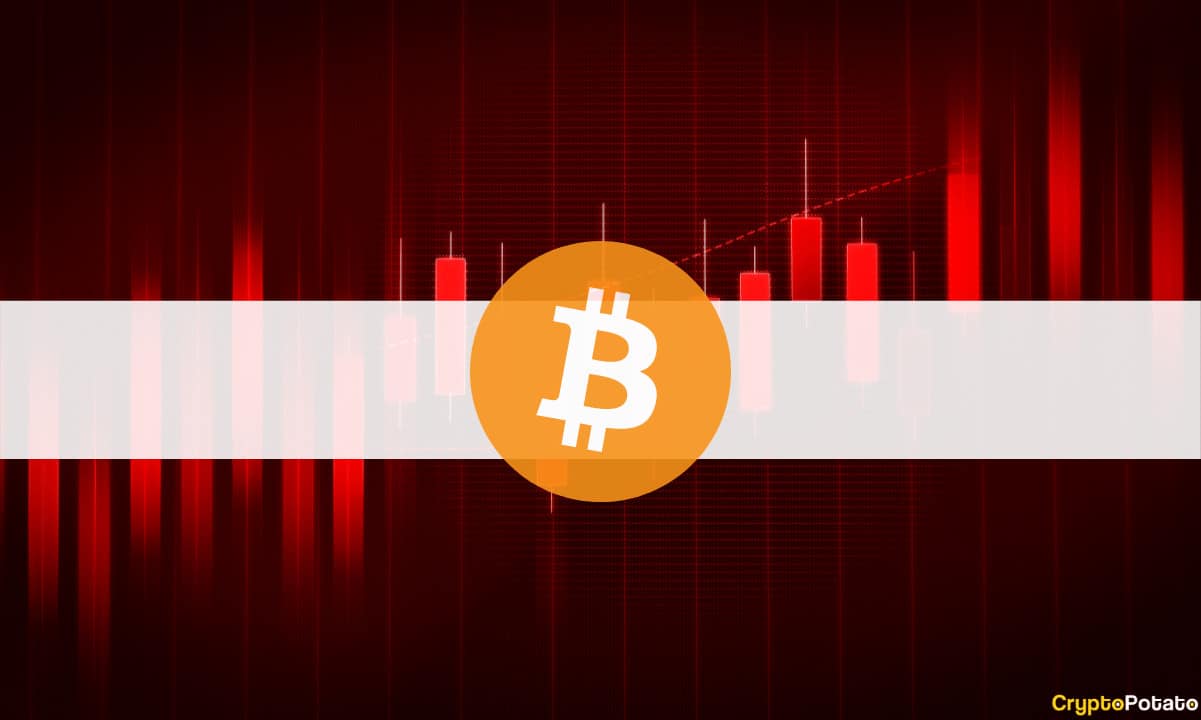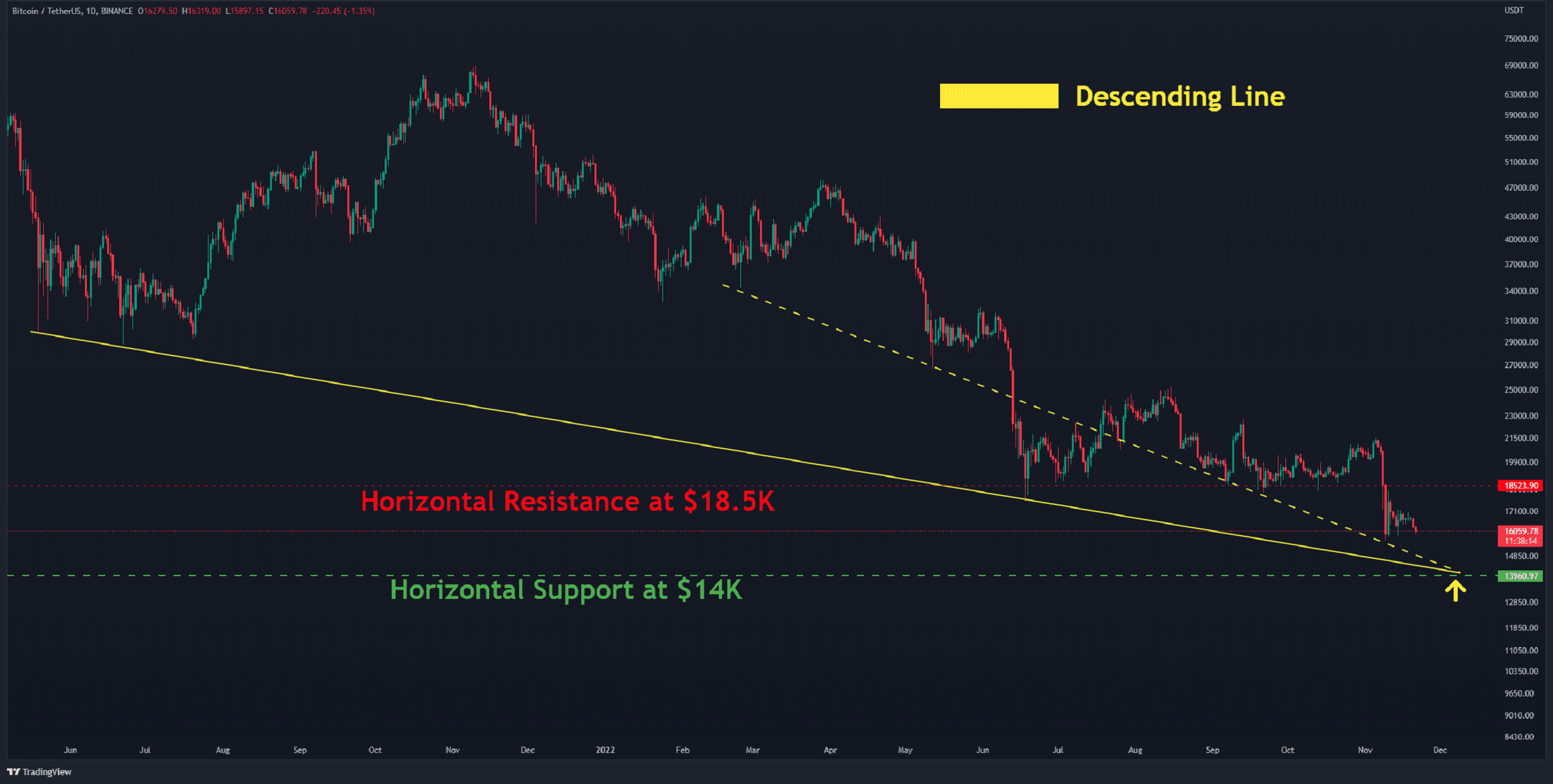Bitcoin Will Reach $150,000 By Mid-2025, Predicts Bernstein
Bitcoin (BTC)’s price will reach $150,000 by 2025 thanks to the upcoming “halving” and spot ETF approvals, wrote Bernstein in a Monday report.
Analysts for the $691 billion asset manager’s crypto unit have modeled the asset’s future price based on its marginal production cost for miners, which they argue “acts as the price floor for every new cycle.”
Defining Marginal Cost
In its report, Bernstein subscribed to the Bitcoin 4-year cycle theory – the idea that Bitcoin’s price moves in 4-year patterns related to its issuance schedule.
The schedule cuts the inflation rate of BTC in half roughly once every 48 months. Another of these halvings is estimated to occur in April, reducing issuance from 6.25 BTC to 3.125 BTC per block.
“In the year of halving, as sell pressure reduces by half (typically), new demand catalysts arise every cycle, which leads to a new price breakout signaling the start of a new Bitcoin price cycle,” wrote analysts led by Gautam Chhugani.
In previous cycles, Bitcoin topped at prices that were many multiples higher than its marginal production cost, such as 5.5x in 2017, and 2.1x in 2021. In mid-2025, the researchers expect BTC to top out at 1.5x its marginal cost of production, which would be $150,000 per coin.
Bitcoin’s marginal cost of production is “the cost of the least efficient miner” to produce BTC. This cost rises with every Bitcoin cycle, as increasing miner competitiveness and the Bitcoin bear market “washes out high-cost inefficient miners.”
“We notice a pattern of Bitcoin as a multiple of marginal cost tapering with every cycle,” the report stated. This is partly due to the “law of large numbers” – meaning returns on Bitcoin will decline as it becomes a larger asset.
The Impact of ETFs
While supply-side selling crunches, Bernstein expects demand for BTC to soar after a likely U.S. Bitcoin spot ETF approval by early January.
By 2028, the analysts predict that over 9% of spot BTC in circulation will be held within ETFs, and that demand for ETFs after the halving will “outstrip miner supply by 6-7 times at peak.”
“BTC ETFs will mean new flows to BTC and integration with traditional on ramps like broker accounts, wealth advisors, etc,” added Chhugani to CryptoPotato via DM.
Some analysts have predicted that both the halving and an ETF approval could potentially hurt Bitcoin mining companies. While the first means less BTC generated for miners, the second could mean that institutions investing in miners as a proxy for BTC will sell their shares to buy the real thing.
When asked about this theory, Chhugani dismissed such concerns.
“Most views on miners are wrong because no one assumes a new BTC price cycle,” he explained – which would boost miner revenues in USD-denominated terms. “We have high conviction that we get a new cycle touching 150k led by miner supply/cost curves as we highlight.
The post Bitcoin Will Reach $150,000 By Mid-2025, Predicts Bernstein appeared first on CryptoPotato.









